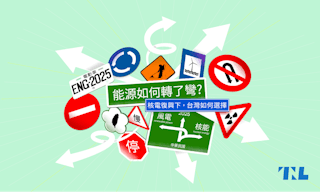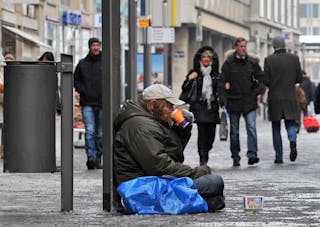法庭判詞表示,辯護人偷竊乃出於「即時及必須」的實際需求。當地不同報章讚賞法庭判決正義、彰顯人性。
文:程玉然
2011年,烏克蘭籍無家者Roman Ostriakov在意大利熱那亞一間超級市場內取走一棒麵包、兩片芝士及一盒香腸,在收銀處卻只為麵包付款,被其他顧客發現,報警處理。Ostriakov終於2015年被控偷竊罪成立,判罰款100歐元及入獄6個月。尋常的普通偷窺罪,並未就此完結。
5年來,此案一直在各級法院上訴,直至本周一由最高法院宣判Ostriakov無罪,指貧者為果腹偷竊少量食物,出於實際而必須的需要,並非犯罪。法官認為「生存的權利應高於保護財產」,判詞指出:
The condition of the defendant and the circumstances in which the seizure of merchandise took place prove that he took possession of that small amount of food in the face of an immediate and essential need for nourishment, acting therefore in a state of necessity. (辯護人的處境,以及貨品被取走時的情況,證明他取去少量食物,是面對即時及必須的營養需要,因此行動出於實際需求。)
有當地報章以此作為頭條,讚賞法庭判決。《La Stampa》在頭版的社論中指判決「提醒我們,在一個文明社會,不應有人飢餓至死。」該報編輯Massimo Gramellini表示,對於最高法院的法官而言,生存權蓋過了私有產權。另一份報章《Italiaglobale》形容判決「歷史性」,正義而中肯,彰顯數百年來支撐西方社會的價值——人性。
另一評論員Goffredo Buccini在《Corriere Della Sera》撰文認同判決,他表示︰「由於法律是我們共同生活所形塑的框架,難以想像審訊時不考慮現實狀況。」Buccini更引用一個貿易聯會的統計,顯示基於飢餓而盜竊的案例在近年上升。文章指出法院為處理這宗涉及不過5歐元貨物的案件,需要三輪審訊才得出此結論的荒謬。
- The hungry ‘should not be punished’ for stealing small amounts of food, Italian court rules (Independent)
- It’s not a crime if hungry poor steal food, Italy says (The Local Italy)
- Italian court rules food theft ‘not a crime’ if hungry (BBC)
- Can the Homeless and Hungry Steal Food? Maybe, an Italian Court Says (The New York Times)
核稿編輯:tnlhk














